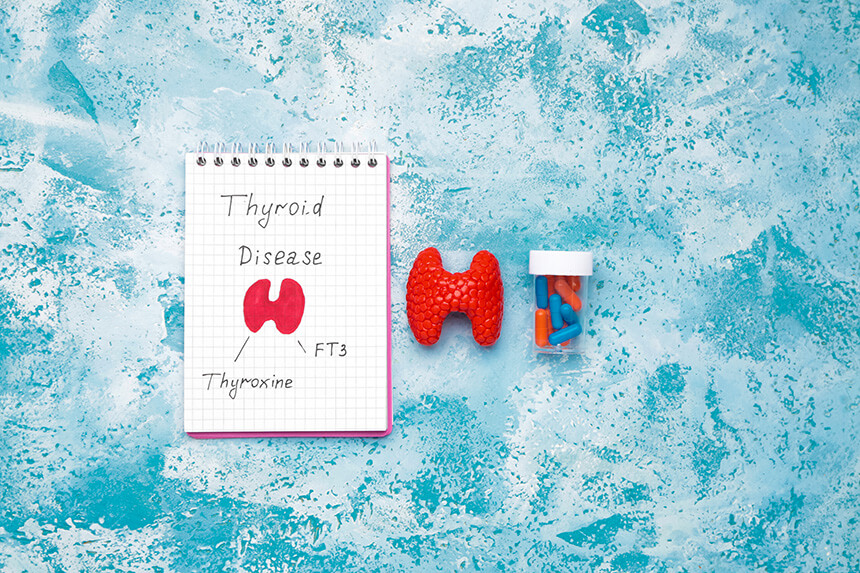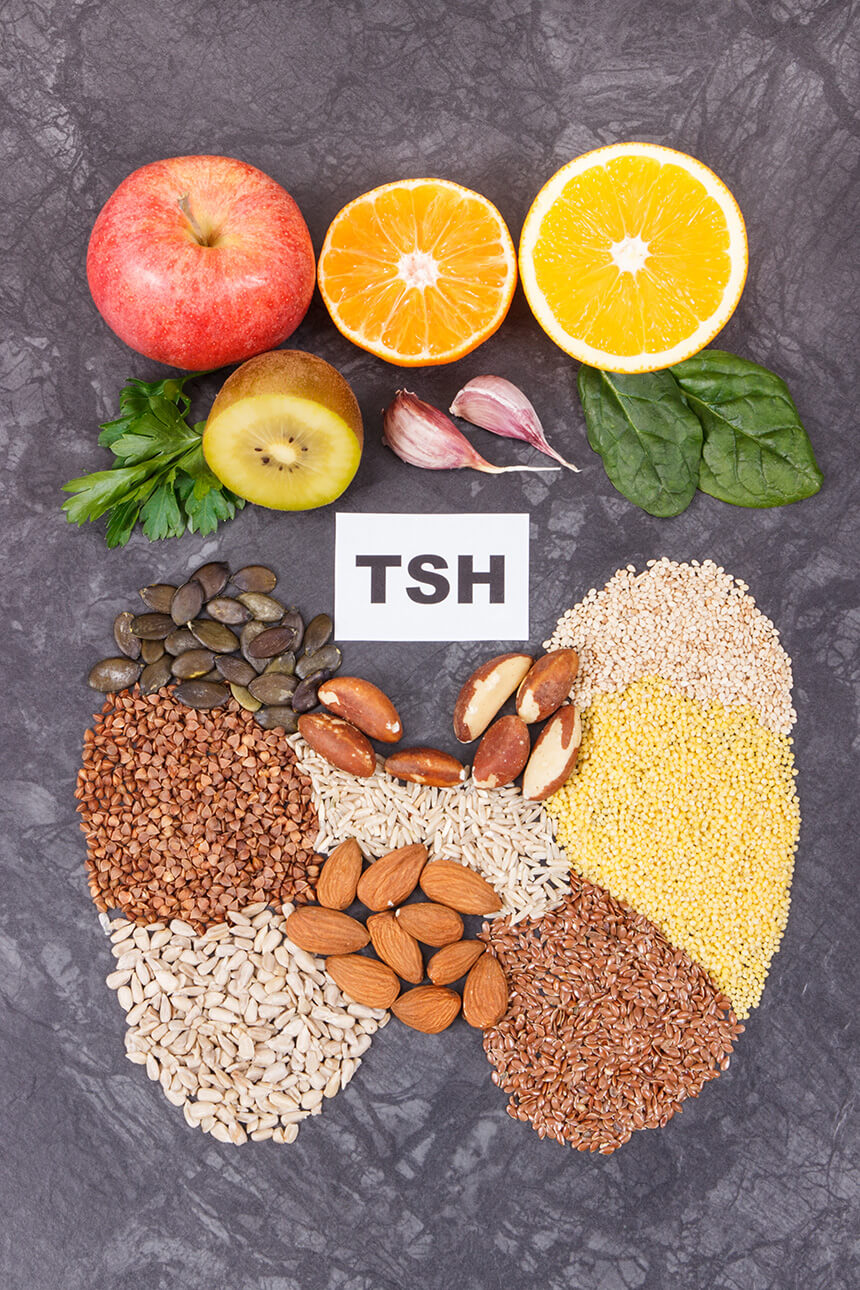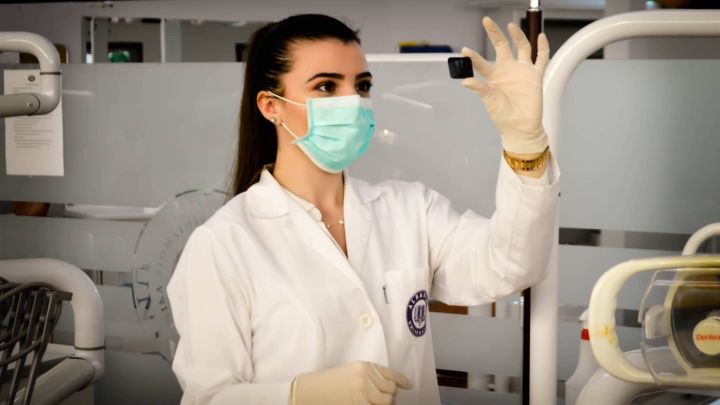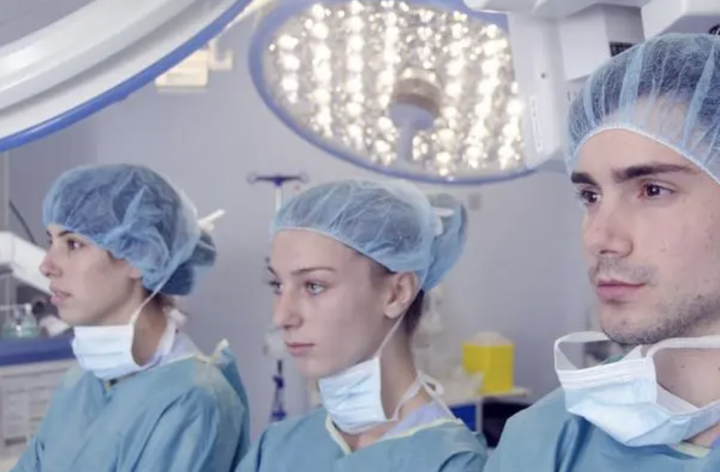Medical
Hyperthyroidism and pregnancy are not "irreconcilable"
Many women suffering from hyperthyroidism hope to become pregnant or have a second child, but hyperthyroidism is a chronic disease, which often cannot be cured for a long time. Many people mistakenly believe that hyperthyroidism and pregnancy are absolutely "incompatible" and "irreconcilable", which undoubtedly brings a lot of gloom to patients' family life.

Many women suffering from hyperthyroidism hope to become pregnant or have a second child, but hyperthyroidism is a chronic disease, which often cannot be cured for a long time. Many people mistakenly believe that hyperthyroidism and pregnancy are absolutely "incompatible" and "irreconcilable", which undoubtedly brings a lot of gloom to patients' family life.
Patients are worried, for example, the condition has not been effectively controlled, should they consider pregnancy? What should I do if I get pregnant accidentally during the cure? Does medication affect fetal development? Will the condition worsen or recur after pregnancy? Can children born during treatment also have hyperthyroidism? The above concerns are reasonable. According to research, mild, moderate and severe hyperthyroidism will affect women's reproductive function. The infertility rates are 6.3%, 23% and 88.8% respectively. In addition, hyperthyroidism women are also prone to miscarriage, premature delivery and fetal growth restriction. However, if positive treatment is made, hyperthyroidism women can also get pregnant normally and give birth to healthy babies. As doctors, we give the following suggestions:

- Choose the right treatment for hyperthyroidism?
Ordinary patients with hyperthyroidism may choose drugs, surgery or 131I radionuclide therapy. The choice of treatment methods for hyperthyroidism in pregnancy is relatively simple, and drug treatment is the first choice. The drugs for hyperthyroidism are commonly used as antithyroid drugs such as methimazole (MMI) and propylthiouracil (PTU). 131I treatment is an absolute contraindication, and surgical treatment is a secondary choice. In principle, surgical treatment is not adopted during pregnancy to treat hyperthyroidism.
- Pay attention to the choice of pregnancy time for hyperthyroidism patients?
Before hyperthyroidism is cured, it is usually not suitable to be pregnant. Severe or uncontrolled hyperthyroidism will increase the risk of miscarriage, premature delivery, stillbirth, placental abruption in pregnant women, and may also cause hyperthyroidism crisis during delivery, which may endanger life in severe cases. At the same time, the maternal thyroid stimulating antibody (TSAb) can stimulate the thyroid gland of the fetus through the placenta, causing hyperthyroidism of the fetus or newborn. Complicated with severe exophthalmos, severe liver and kidney dysfunction, severe cardiovascular disease, diabetes and mental illness, it is not suitable for pregnancy. Pregnancy can be considered after hyperthyroidism is cured. Generally speaking, drug therapy requires about 2 years to cure. After drug withdrawal, observe for half a year. If there is no recurrence, consider pregnancy; If hyperthyroidism is cured after half a year or one year of radioactive 131I treatment, pregnancy can be considered; If the condition does not recur 3 months after surgery, pregnancy may be considered.
- What should I do if I get pregnant unexpectedly during the treatment?
If the patient is accidentally pregnant during hyperthyroidism treatment, has serious condition, cardiovascular complications, and the pregnancy period is within 3 months before starting drug treatment, the doctor will generally advise the patient to terminate the pregnancy. If hyperthyroidism is not serious, pregnancy is not easy, and low dosage of antithyroid drugs is taken for maintenance or medicine is stopped for a short time according to the doctor's advice, pregnancy can continue.
- How to choose and eat antithyroid drugs during pregnancy?
Whether it is hyperthyroidism after pregnancy or hyperthyroidism patients are pregnant, reasonable treatment must be carried out. PTU is the first choice for 1~3 months of pregnancy, and MMI is the first choice for 4~10 months of pregnancy. As female patients can tolerate mild hyperthyroidism during pregnancy, and antithyroid drugs can affect the thyroid function of the fetus through the placenta, if the condition is mild, they can not be treated with antithyroid drugs according to the doctor's advice; If the disease is serious and needs treatment, anti thyroid drugs are the first choice. Propylthiouracil is preferred for the treatment of hyperthyroidism in pregnancy. If the disease can not be controlled by drugs, or there are serious adverse reactions after medication, the patient can receive surgical treatment during 4 to 6 months of pregnancy. Early and late pregnancy should not be operated to avoid abortion.

- How many hyperthyroidism drugs should I take when I am pregnant?
The goal of antithyroid drugs in the treatment of hyperthyroidism in pregnancy is to use the minimum effective dose of antithyroid drugs to reach and maintain the upper limit of serum FT4 at the normal value in the shortest possible time, so as to avoid the influence of antithyroid drugs on the brain development of the fetus through the placenta. For example, the commonly used dose of propylthiouracil is 150~300 mg per day, which will be gradually reduced to the maintenance dose (50~100 mg per day) after taking effect, and the thyroid function will be monitored regularly to adjust the drug dose in a timely manner.
- How do pregnant women with hyperthyroidism monitor thyroid function?
Thyroid function of hyperthyroidism in pregnancy should be checked every 2-4 weeks at the initial stage of treatment, and can be extended to 4-6 weeks later. Since the serum TSH level is still inhibited several weeks after the serum FT4 returns to normal, the serum TSH level cannot be used as the only monitoring indicator during treatment.
- Control hyperthyroidism and lactation!
Female hyperthyroidism patients can breastfeed after delivery. Studies have shown that the use of antithyroid drugs during lactation is safe for offspring: the use of propylthiouracil (150 mg/day) or methimazole (10 mg/day) during lactation has no significant impact on the brain development of infants, but the thyroid function of infants should be monitored. Generally, mothers should take antithyroid drugs after breastfeeding; After that, the next lactation should be carried out at an interval of 3 to 4 hours. Methamidazole is the first choice for the treatment of hyperthyroidism during lactation.
- How does the baby detect thyroid function?
Newborn born to hyperthyroidism pregnant women should be checked for hypothyroidism, goiter and hyperthyroidism. Neonatal hyperthyroidism can occur immediately after birth, or 1 week after birth, and can be treated with methimazole or propylthiouracil. For pregnant women who have taken antithyroid drugs, their newborn may have temporary hypothyroidism, and can be treated with levothyroxine tablets.
-
![]()
![]() MedicalOct 14, 2025
MedicalOct 14, 2025New Developments In Gastric Cancer Research: Keytruda In Combination With Chemotherapy Significantly Improves Survival In Patients With Advanced Disease!
-
![]()
![]() MedicalOct 13, 2025
MedicalOct 13, 2025New Treatment For Uroepithelial Carcinoma Receives Fda Fast Track Designation With Encouraging Initial Results
-
![]()
![]() MedicalOct 12, 2025
MedicalOct 12, 2025New Research Shows Promise For Bone Marrow Transplant Recipient Patients To Reduce Treatment Side Effects!
-
![]()
![]() MedicalOct 11, 2025
MedicalOct 11, 2025New Targeted Radiotherapy For "Laser-Like" Precision Treatment Of Refractory Prostate Cancer With Fewer Side Effects!
-
![]()
![]() MedicalOct 10, 2025
MedicalOct 10, 2025Cabozantinib In Combination With Atelizumab Works Well For Advanced Head And Neck Cancer




